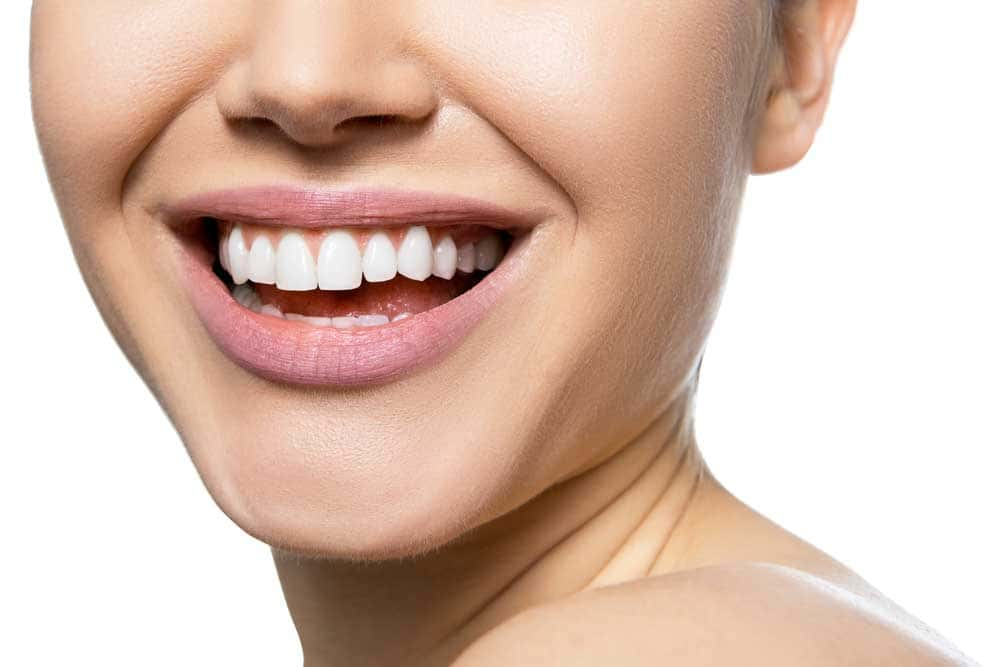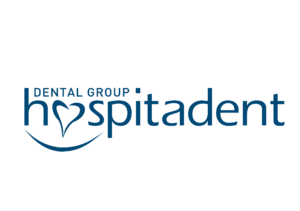Treatment of Our Disabled and General Anesthesia
Salih ÖNDER2022-09-06T09:35:03+03:00General Anesthesia:
General anesthesia is the disappearance of sensory functions with temporary loss of consciousness. Although “narcosis” is used synonymously with anesthesia among the people, narcosis; It is a marked state of numbness that occurs with the disappearance of sensitivity without complete loss of consciousness. In this anesthesia, the thing applied so that the patient does not feel pain, temporarily destroys the sensation in the whole body. The anesthetic used affects the entire nervous system. General anesthesia is started with intravenous anesthetic drugs. After the patient sleeps, respiratory functions are provided by the anesthesia device through a tube placed in the trachea. Oxygen, air and inhalation agents that provide the continuation of anesthesia are given to the patient with the anesthesia device. During the operation, the patient’s heart rate, rhythm, blood pressure, oxygen saturation, inhaled oxygen and anesthetic agent concentration, carbon dioxide exhaled and the concentration of anesthetic agents are continuously monitored by the anesthesiologist. At the end of the operation, the anesthetic drugs are stopped and the patient is awakened. Post-operative pain is controlled with painkillers.
During general anesthesia, the patient:
- Doesn’t notice what’s around
- no pain
- can’t move
- Cannot remember what happened during anesthesia.
Sedation:
It is used to make the patient relax and calm by creating a sleepy state. Consciousness is clear, there is temporary memory loss. It is generally used to support local and regional anesthesia. In addition, sedation applications before interventional methods, if applied to patients, make the work of both the patient and the surgeon much easier. For example, sedating the patient before the extraction of an impacted tooth relieves the patient’s fears and concerns, and the patient and the physician are comfortable during the surgical procedure. In many patients, surgical procedures can be performed by “numbing” the area using local anesthesia. IV (intravenous, intravenous drug administration) sedation is recommended for patients who want to be put to sleep and thus not be aware of the surgical intervention.
- Our building is suitable for our disabled patients.
- A ramp has been built so that the disabled can easily enter and exit the hospital.
- There is a Disabled Car Park where Personnel and Disabled Patients can park their vehicles.
- There is a palpable surface.
- Warning Colored Tapes have been placed on the entrance and exit doors of the hospital for our disabled citizens.
- We have an elevator for our disabled citizens.
- Waiting areas have been arranged for the disabled and the elderly.
- We have Wheelchairs available to facilitate the transfer of disabled patients.
- In order to facilitate the access of our disabled citizens to the washbasins and toilets in the hospital, direction signs have been hung.
Suggestions for the protection of oral and dental health of our disabled people;
- First of all, special attention should be paid to eating habits. Tooth decay occurs very quickly and easily due to sugar-containing foods such as milk, ready-made food and fruit juices consumed by bottle-fed disabled people. For this reason, teeth should be cleaned with a clean cheesecloth, if possible, after each feeding, if not with a toothbrush. They should not be fed at night unless absolutely necessary.
- The main cause of tooth decay is sugary, acidic foods that easily stick to teeth and gums. If a special diet for the disabled is not recommended, foods containing plenty of sugar and carbohydrates should not be consumed as much as possible; When it is to be consumed, it should not be given between meals, these foods should be consumed in the main meals.
- If tooth brushing is not possible for disabled people who have to be fed with puree, soft foods, the mouth should be rinsed after the meal or food residues should be wiped clean.
- Since most of the drugs in syrup form contain sugar, more attention should be paid to oral and dental care in those who use these drugs constantly.
- The patient’s teeth should be brushed by his parents or caregivers, the patient should be taken to regular dentist checks and preventive applications from caries should be made.
- In terms of trust, patient follow-up should be done by the same dentist, if possible.
- Teeth should be brushed for at least 2 minutes every night before going to bed.
- Routine dental check-up should be done every 6 months.
- With the application of Fissure Sealant (tooth polish), a special polish to be applied to your teeth can be applied to prevent the formation of caries by accumulating food residues.
- Attention should be paid to dietary habits, water and milk should be consumed instead of sugary and acidic foods.
- Fluoride applications should be made to prevent tooth decay.
- Electric toothbrushes provide ease of use, so it is beneficial to use such brushes.
Kayseri Hospital
Chief Physician Dt. Zeynep CETIN

